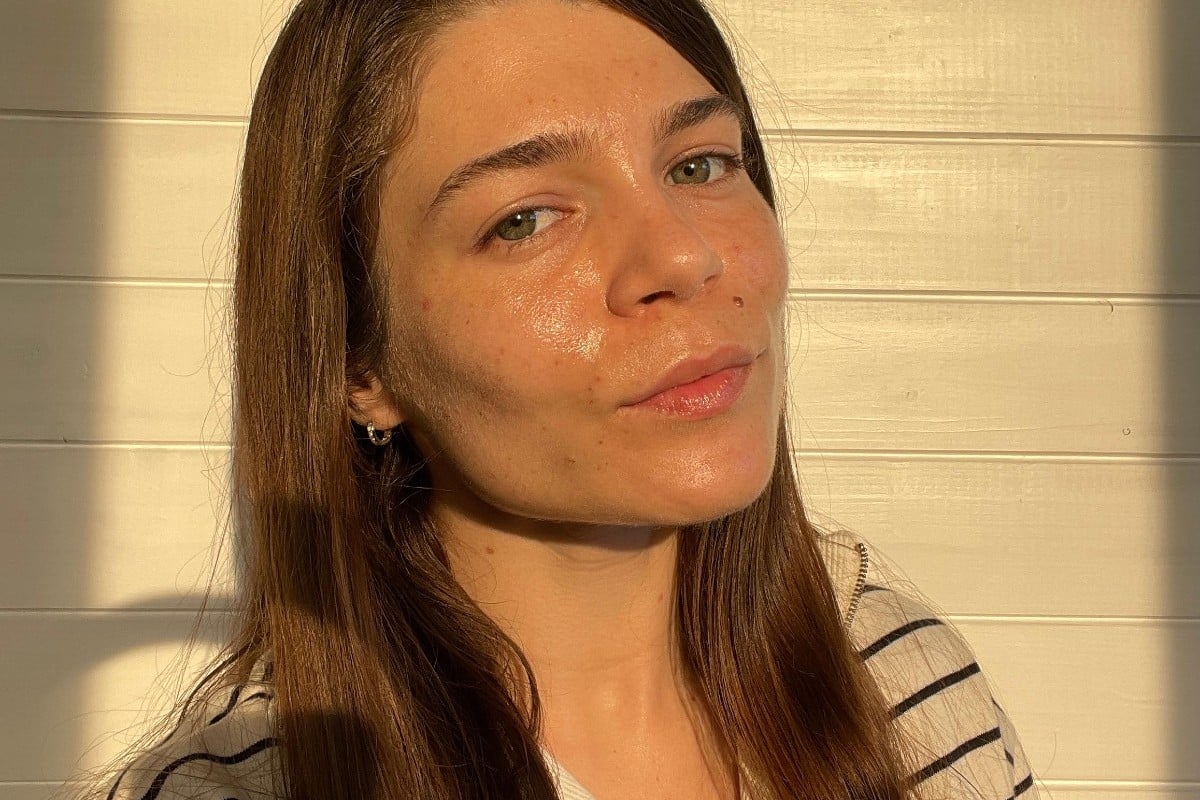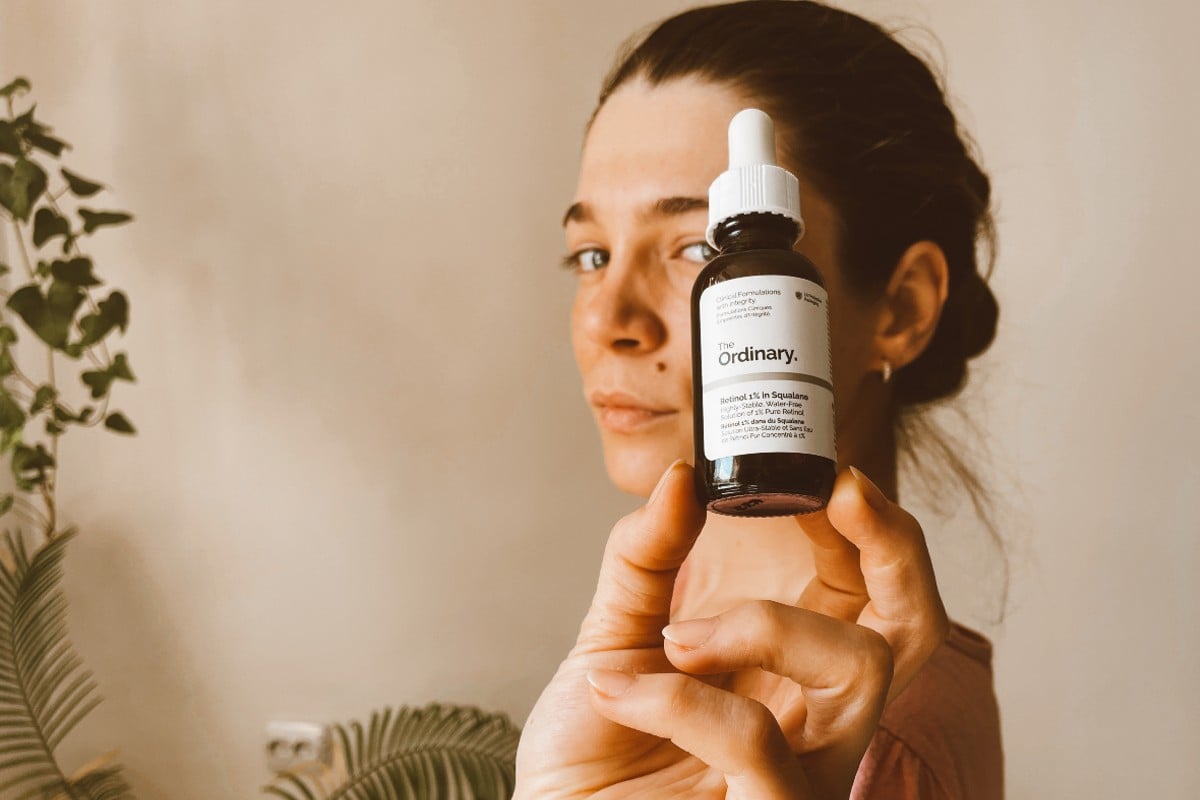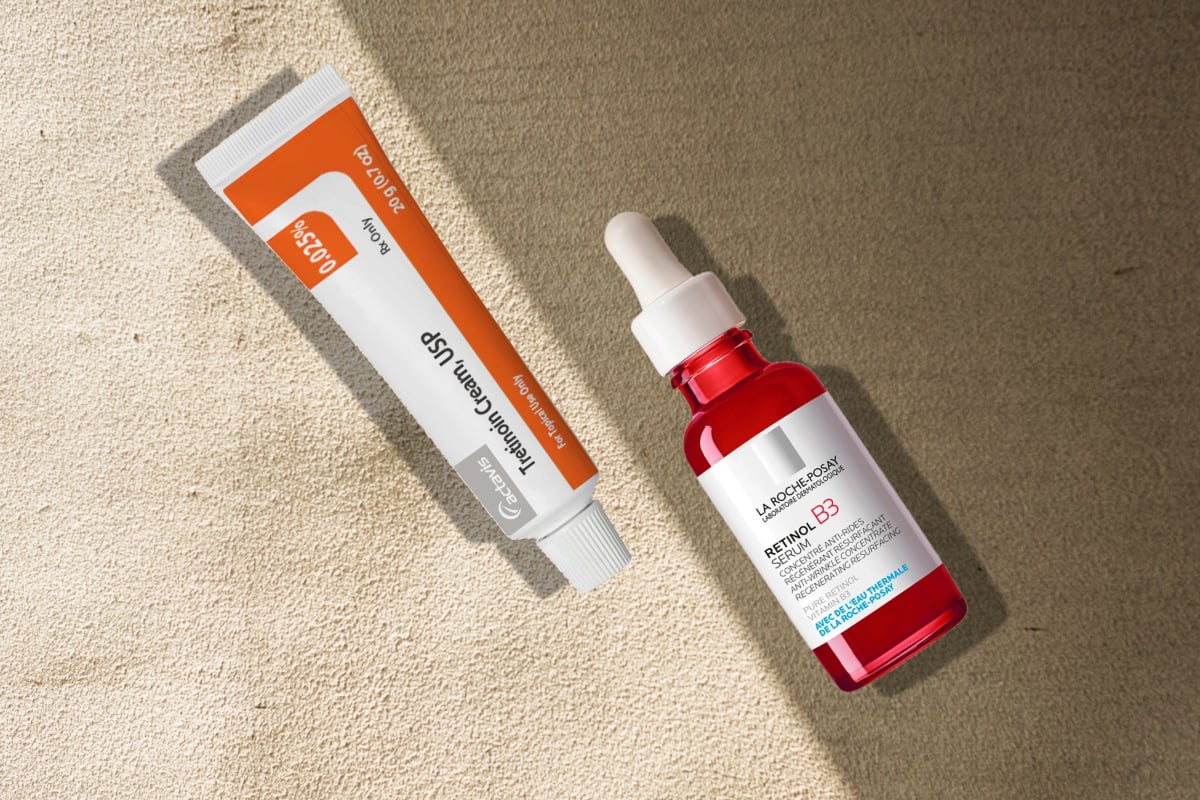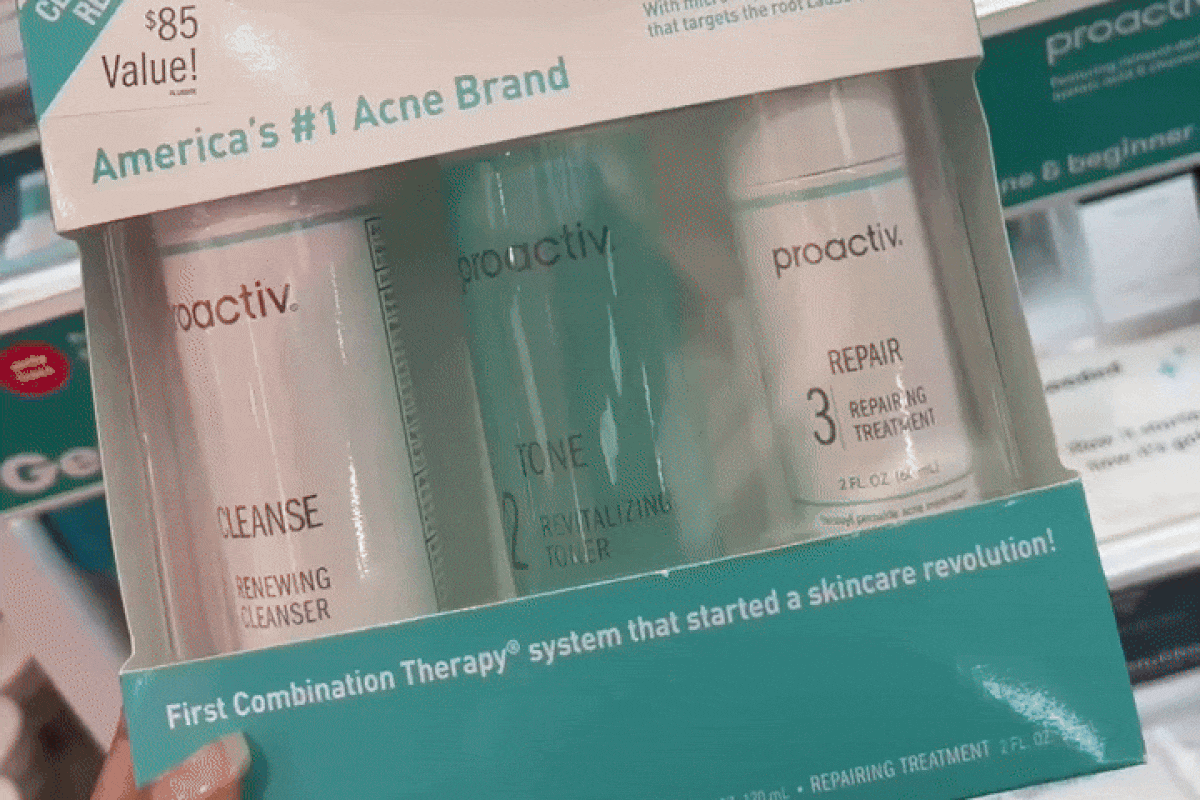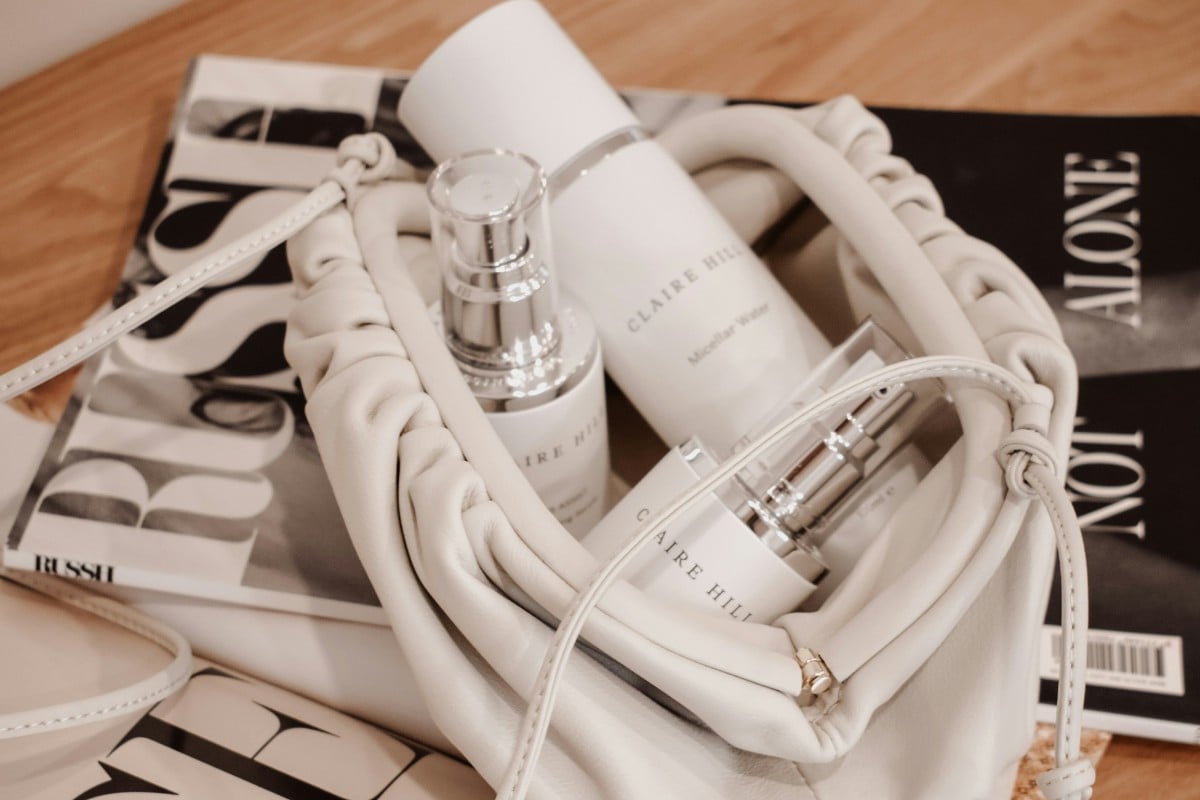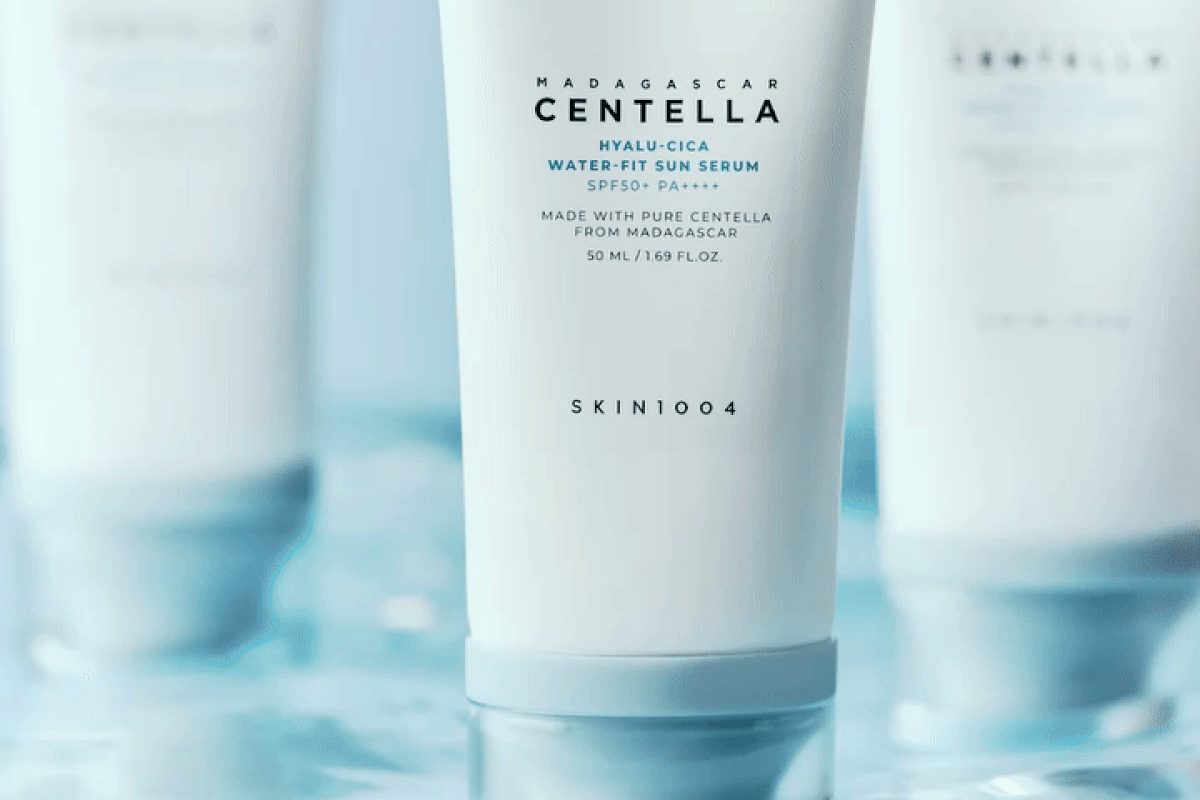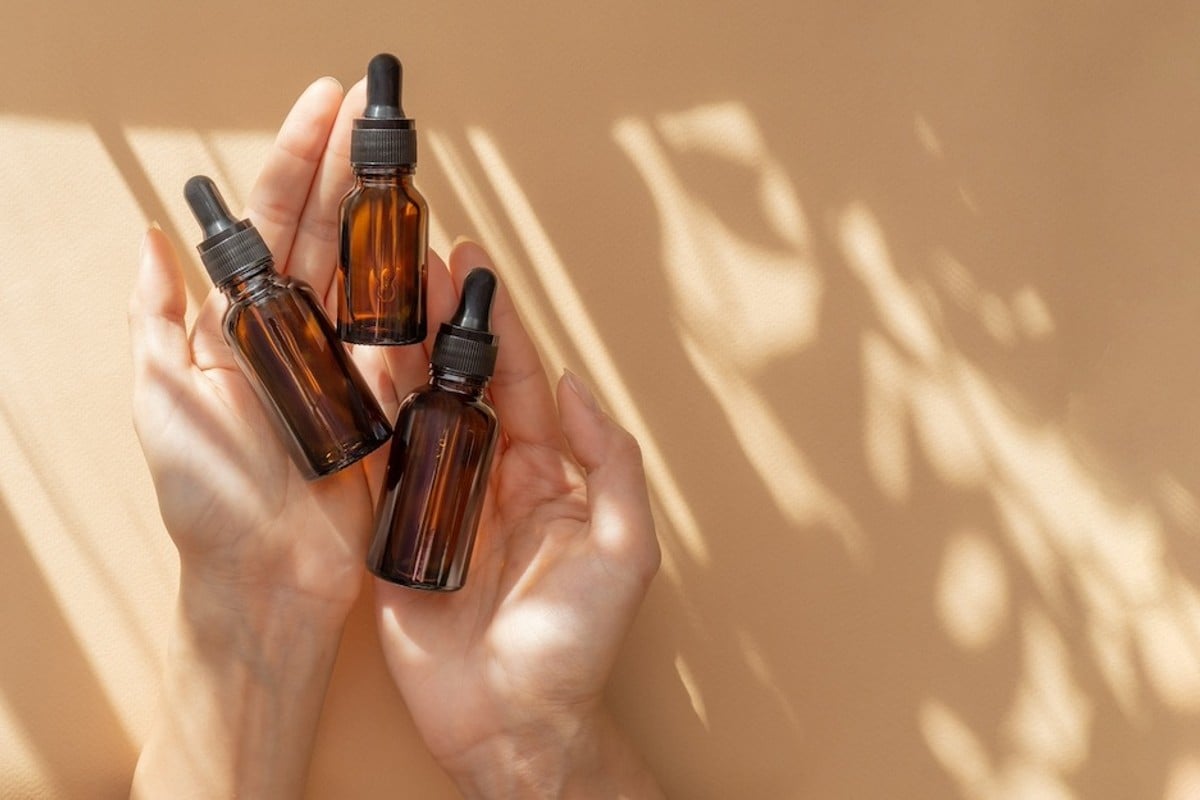Slather moisturizer and go is so passé; we’re now living in the era of skincare cocktails and ingredients mingling experiments. While some might be great for your skin, other combinations can turn into a total fiasco. Hyaluronic acid and retinol are two of the main pillars of skincare, and not once the thought of mixing them might have passed through your mind. Welp, you have all the reasons to do so because these two powerhouses are each in a class of their own when it comes to fighting wrinkles, acne, dehydration, and lack of firmness. Even more exciting, they have quite a synergy when they are teamed up, which is why retinol and hyaluronic acid are often used together. Read on to learn more about what this duo can do in your skincare routine and how you get the most out of it.
What is hyaluronic acid?
Hyaluronic acid is a substance naturally produced by the body to keep things hydrated. When applied, it attracts water molecules from the atmosphere into the skin, boosting hydration and plumping the complexion. Thanks to its water-retaining ability, hyaluronic acid can reduce the look of fine lines and wrinkles, counteract dehydration, balance sebum, soothe irritation, and speed up wound healing.
What is retinol?
Retinol is a vitamin A derivative that reduces aging signs, hyperpigmentation, and acne. It does that by boosting cellular turnover, which means it eliminates the old cells and encourages new healthy ones to take their place. Additionally, retinol boosts collagen and hyaluronic acid production in the skin, helping increase moisture retention and maintain a firm complexion.
But despite how far our love for retinol goes, it comes with a price: it can be irritating. When retinol penetrates the skin’s outer layer, it encourages new epidermal cells to migrate up to the skin’s surface. As the new skin cells are rapidly produced, they eventually lack the necessary adhesion and lipid production to protect the skin, leading to flaking, peeling, and irritation.
As such, to reduce the risk of irritation caused by retinol, you need to put in place a proper moisturizing regimen. This begs some questions: can you use retinol and hyaluronic acid together? When and how?
Should you team up hyaluronic acid with retinol in your skincare routine?
Yes, using hyaluronic acid and retinol together is entirely safe and is the best thing to do to offset the potential side effects of retinol. While retinol is possibly irritating and peeling, hyaluronic acid is gentle, soothing, and hydrating, meaning they have a synergy that’s hard to overlook.
Hyaluronic acid before or after retinol?
The best way to use hyaluronic acid and retinol together is to layer retinol first and then follow up with your hyaluronic acid product, eventually after 10-15 minutes after the retinol has sunk in. Because using a moisturizer after retinol is essentially to counteract possible drying effects, you should consider one infused with hyaluronic acid. If your skin is parched or sensitive, you should layer a hyaluronic acid serum prior to retinol to create a film that doesn’t allow retinol to have direct contact with your skin, so there are fewer chances of getting dryness or peeling.
The takeaway
Hyaluronic acid and retinol are potent powerhouses in their own right, and they’re even better when teamed up; dermatologists and skin experts alike agree. So, not only do hyaluronic aid and retinol have a great synergy, but it’s actually recommended to pair them together to cancel some of the retinol’s notorious peeling effects. While retinol encourages cell turnover and renews the skin, hyaluronic acid hydrates and eases the complexion, preventing parchedness.


